National Day for Truth and Reconciliation
Content Warning: Residential Schools
Tomorrow, September 30, is a day we’ve come to know as Orange Shirt Day, a day that encourages conversation and education on all aspects of Residential Schools. It is an opportunity to create meaningful discussion about the intergenerational effects of Residential Schools and the legacy they have left behind that affect us all.
This movement was sparked by the story of Phyllis Webstad from the Stswecem’c Xgat’tem First Nation. Phyllis was proud to wear the orange shirt her grandmother gifted to her for her first day of Residential School. The shirt was taken from her and she never saw it again. Phyllis represents the 150,000 First Nations, Inuit, and Métis children who were forcibly removed from their homes and families and taken to Residential Schools.
September 30 has now been declared as the National Day of Truth and Reconciliation by the federal government, and so the College will be closed tomorrow; giving us all an opportunity to listen, learn, reflect, and honour the victims and survivors of the Residential School System. As the College is closed tomorrow, we have invited staff and students to wear orange today as a symbol of recognition and support.
The work of reconciliation has just begun, and it’s important for all living on Turtle Island to know, understand and have respect for the truth before real change can take effect.
Tomorrow, there are events and activities you can take part in your community or online from many organizations including the National Centre for Truth and Reconciliation. You can also explore resources on our website rrc.ca/trc, including the Truth and Reconciliation Commission’s Calls to Actions, the Library and Academic Services Resources’ National Day for Truth and Reconciliation Book & Video Guide. You can also listen to Indigenous peoples and influencers online and share their content as well as talk to your friends and family about reconciliation and share what you have learned.
This day may be difficult for some, and we want to remind you to take care of yourself and take care of each other. Please don’t hesitate to reach out to those you trust, or to one of the supports we’ve listed below.
You can be a supportive alley by respecting boundaries as many Indigenous peoples experience this trauma and pain.
Supports and Resources:
National Indian Residential School Crisis Line 1-866-925-4419
Klinic Crisis line 204-786-8686 or toll free 1-888-322-3019
RRC student supports:
Counselling: rrc.ca/counselling
Mental Health Coordinator: rrc.ca/wellness/contact/
Elders in Residence: rrc.ca/staff/resources/indigenous-supports/
RRC Staff: Employee Family Assistance Plan: rrc.ca/staff/resources/healthy-minds-healthy-college/supports/
Self-Care Suggestions:
* Call a friend you trust
* Go for a walk outside, exercise, do some light yoga, or move your body in a way that feels accessible to you
* Ensure you are getting good sleep and nutrition
* Connect with your culture, smudge
* Do a mindful meditation (find online)
* Have a warm bath or shower
Truth and Reconciliation Week 2021 will continue on Friday, October 1st with two live events. Click here to learn more and access events.
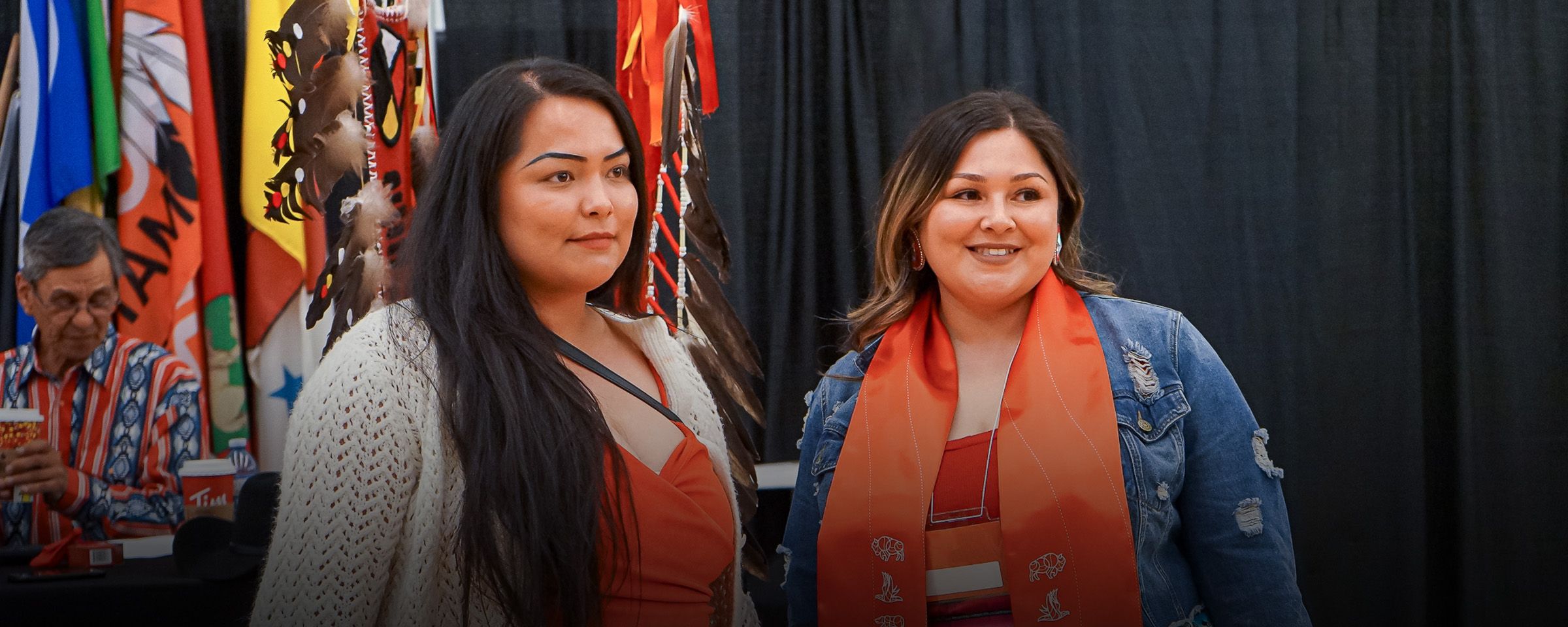
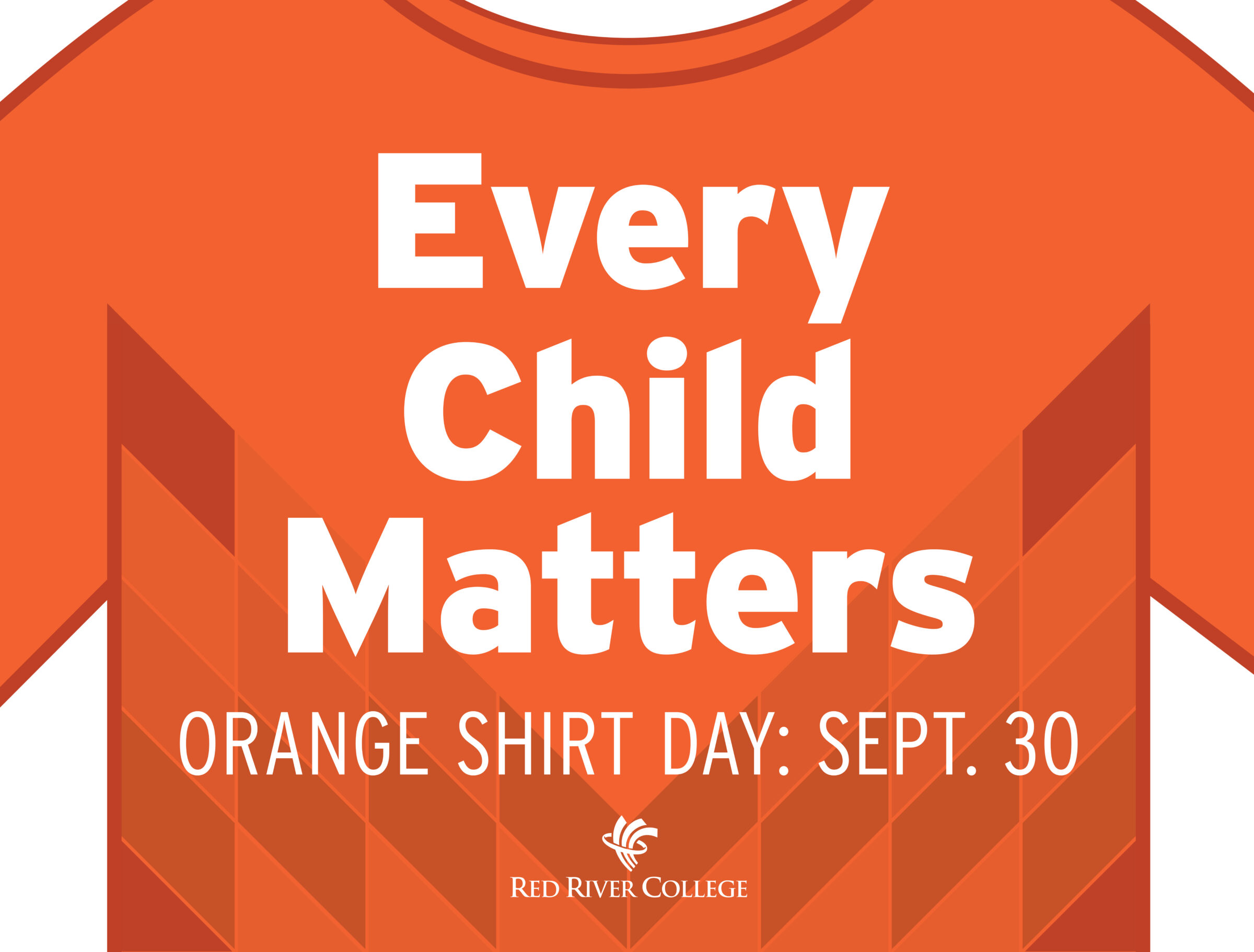

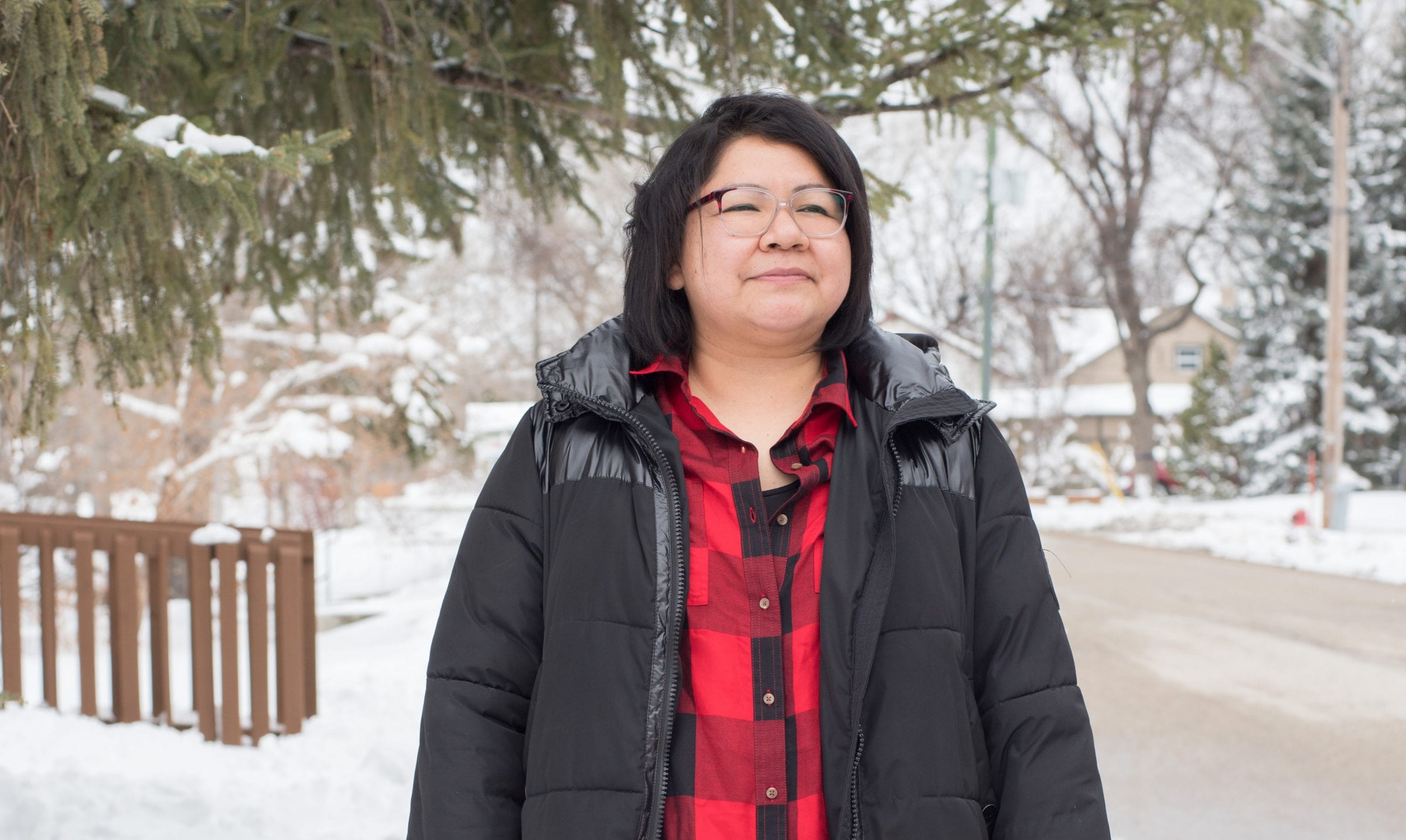
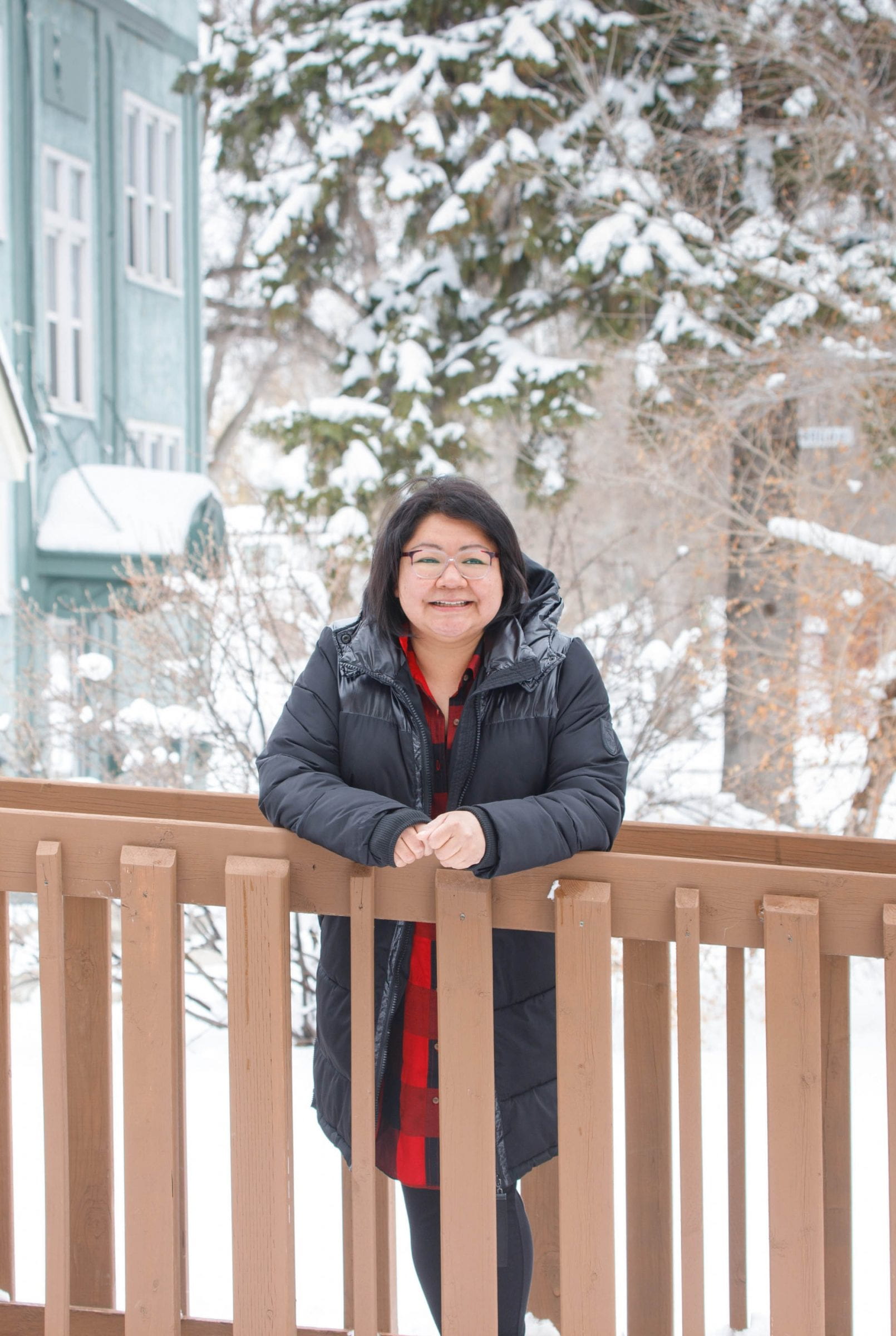
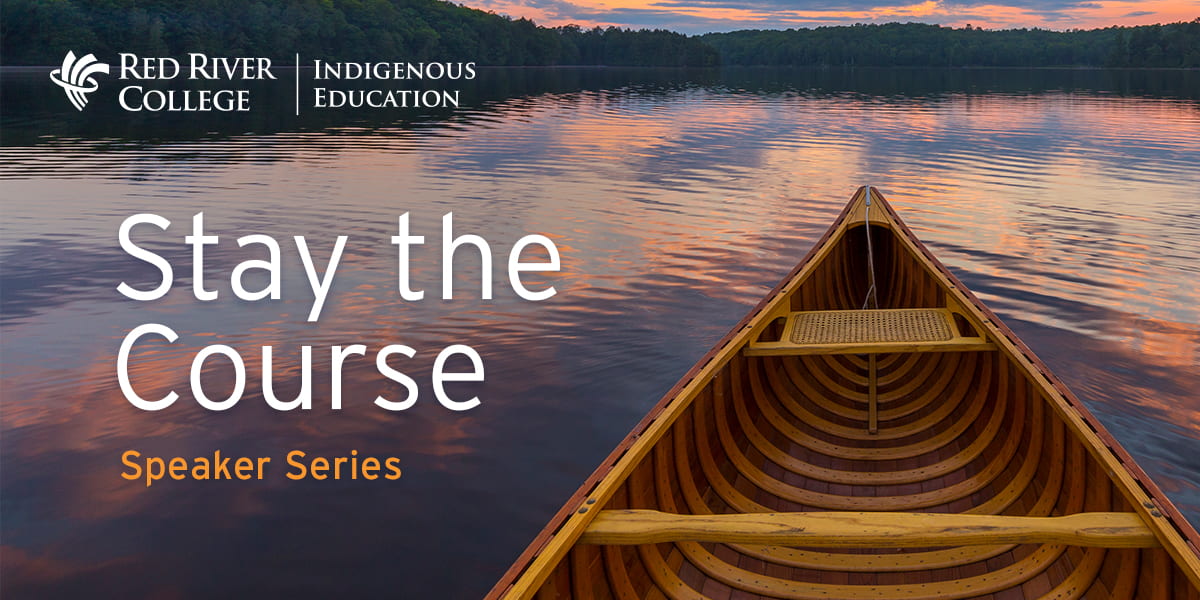

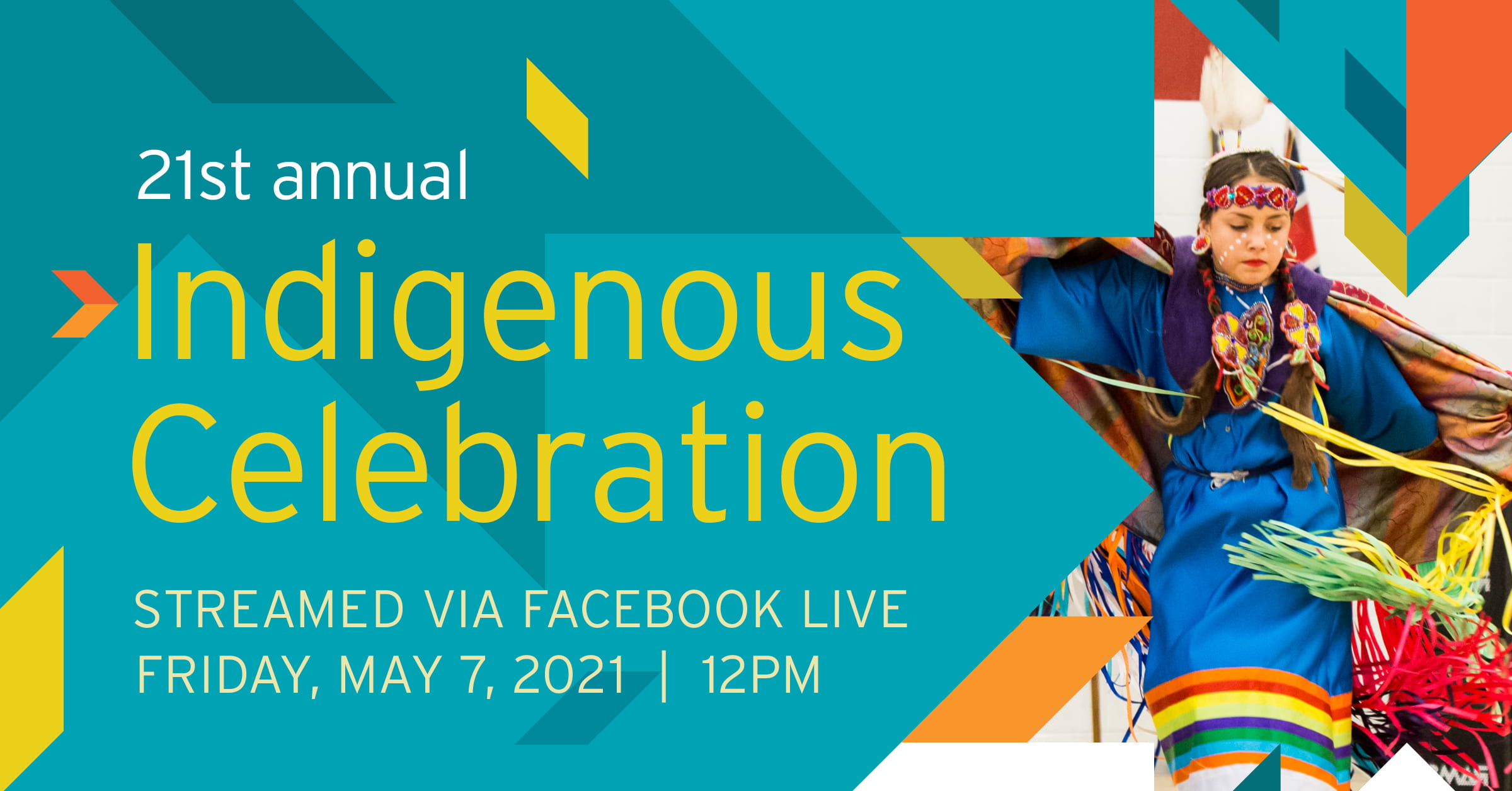
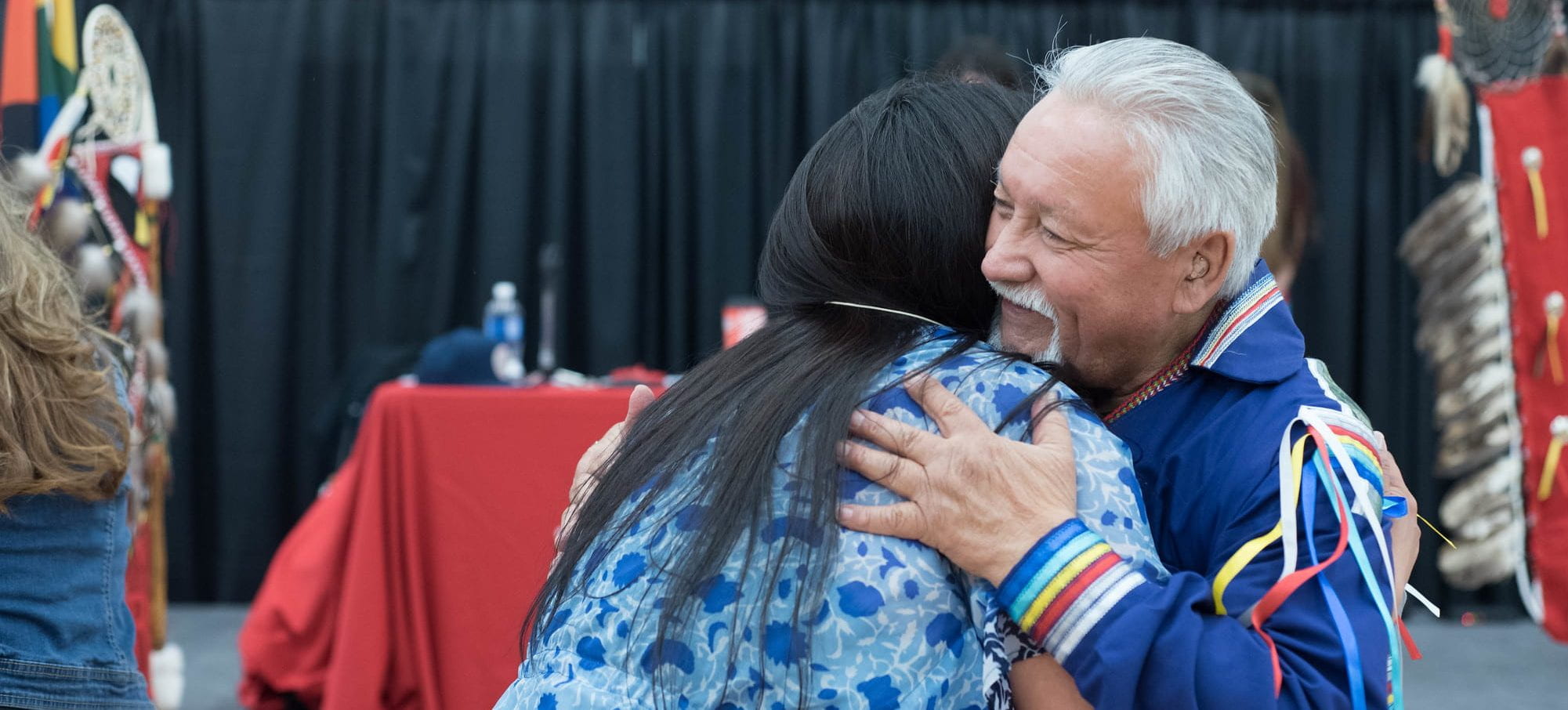
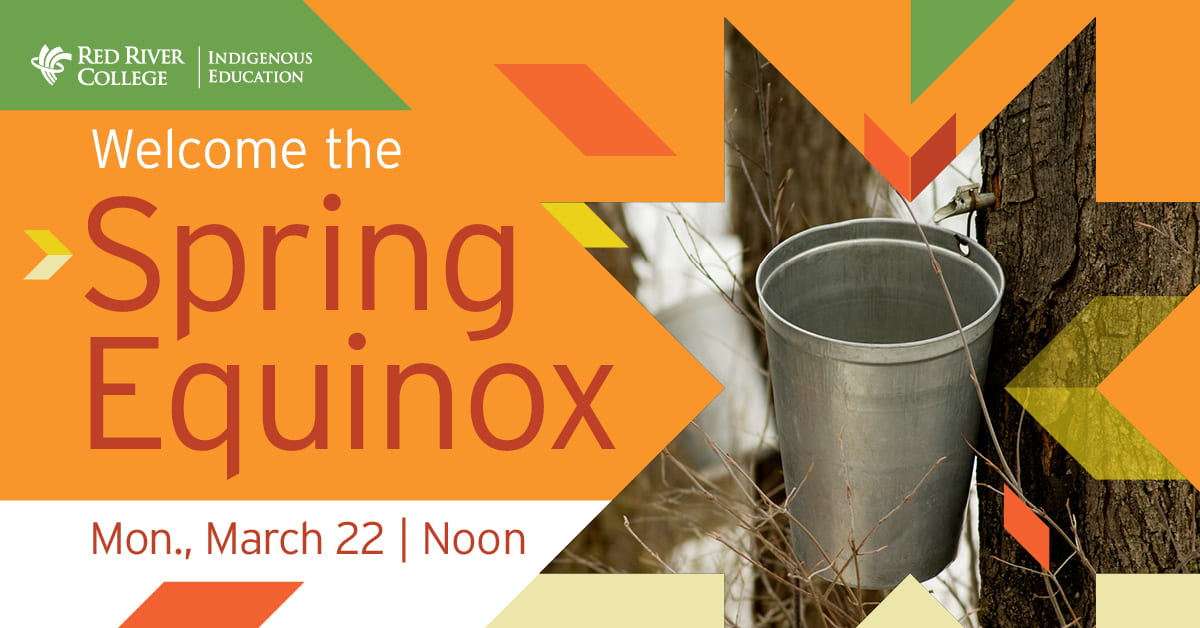
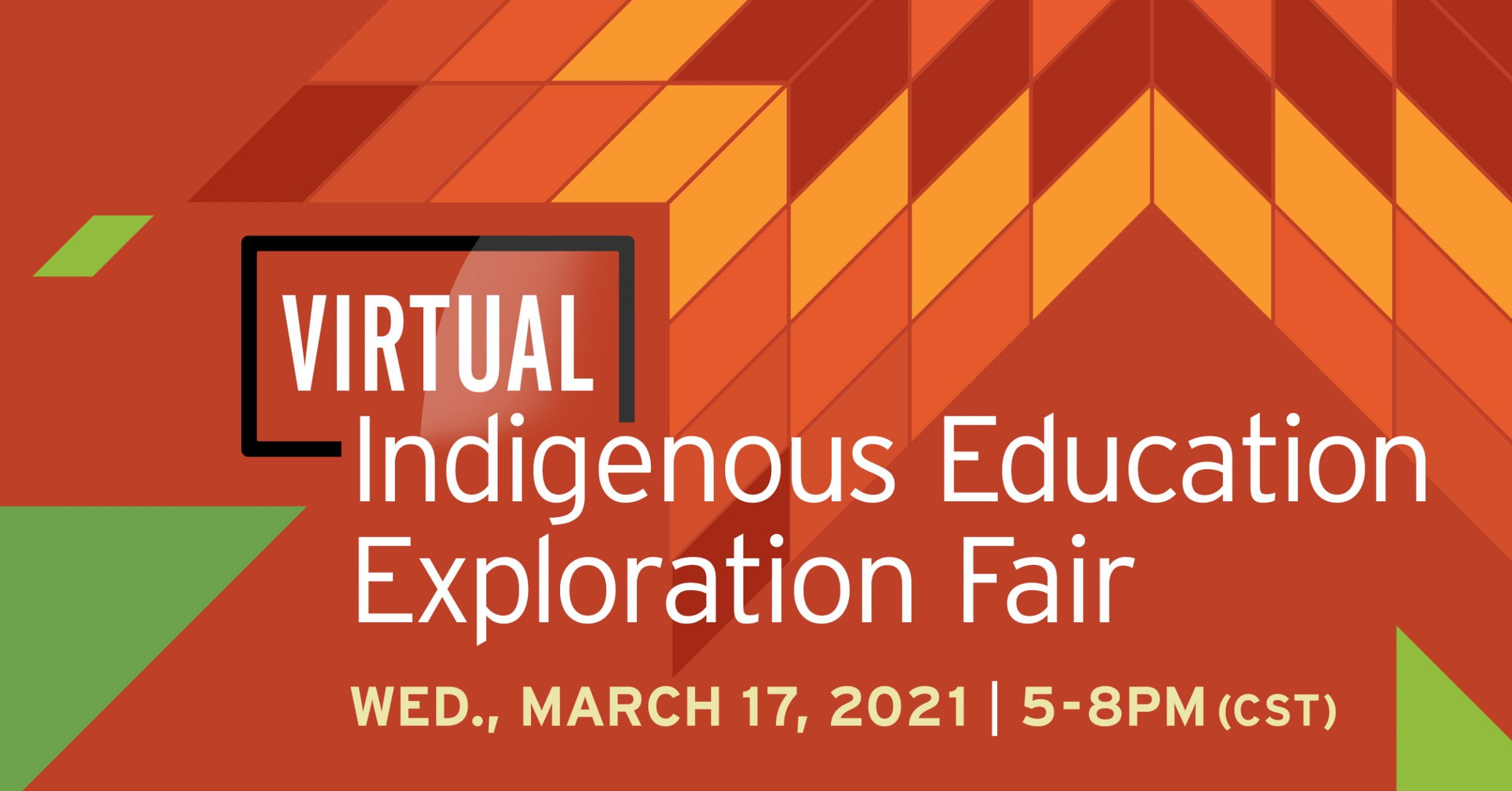
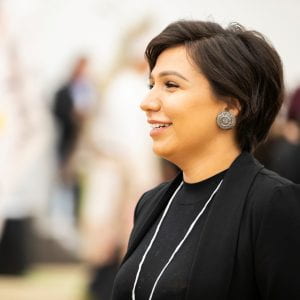
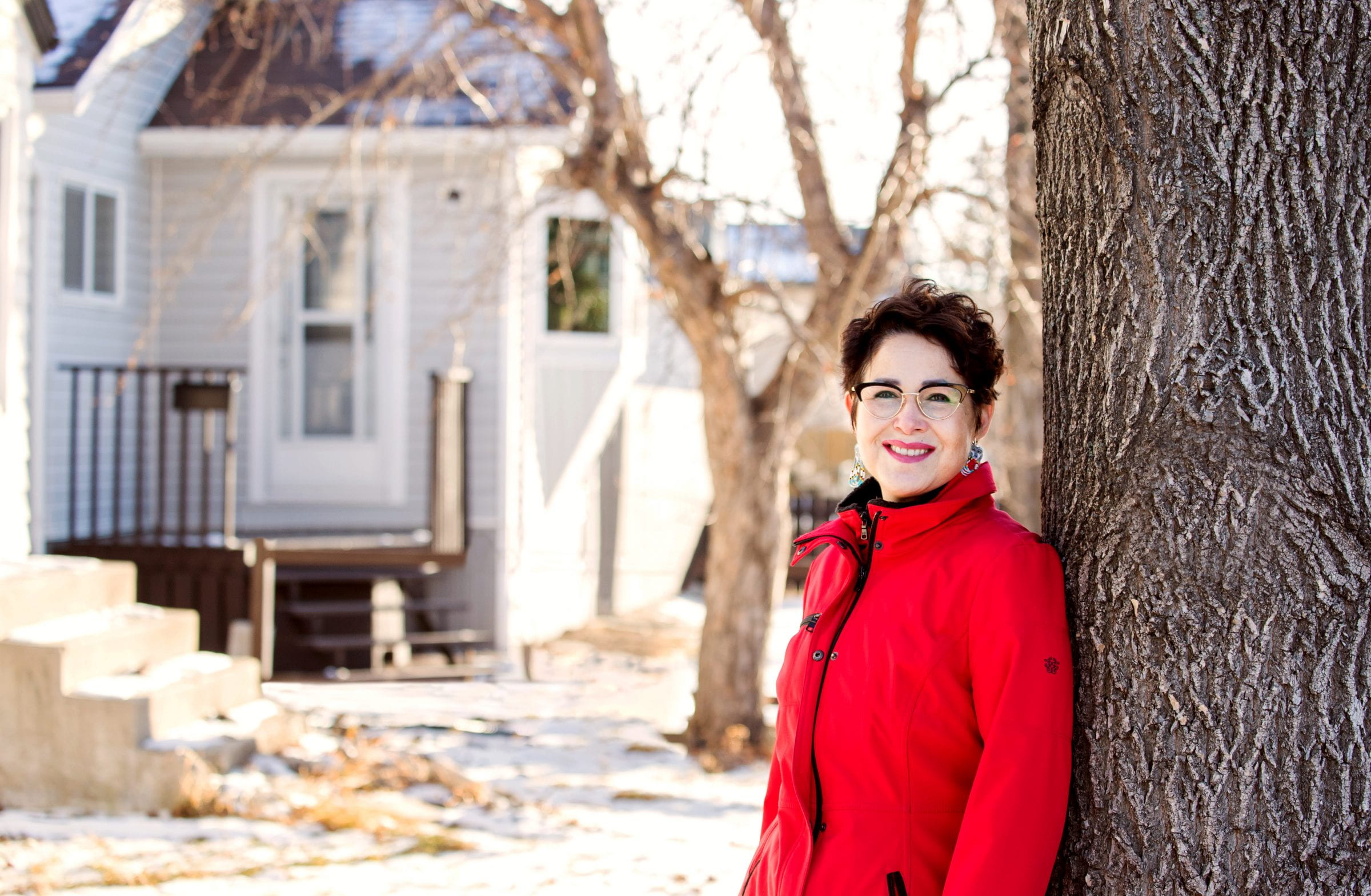
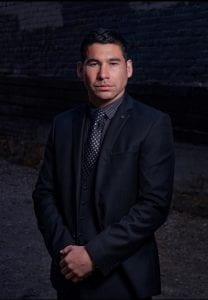 Meikle reached out and realized this person was part of a cycle that is all too common – one that mirrored his own cyclical experiences with sobriety and the criminal justice system. He was already on a transformative journey of discovering his culture and spirituality, but he knew there was something more he could contribute to his community. It started with helping the man on the bus, who became his friend: supporting him while he was incarcerated, through to securing housing and creating a support system. As the veil was being lifted in his own life to the systemic problems he was facing, Meikle saw a movement that was emerging and deeply needed: healing for Indigenous men.
Meikle reached out and realized this person was part of a cycle that is all too common – one that mirrored his own cyclical experiences with sobriety and the criminal justice system. He was already on a transformative journey of discovering his culture and spirituality, but he knew there was something more he could contribute to his community. It started with helping the man on the bus, who became his friend: supporting him while he was incarcerated, through to securing housing and creating a support system. As the veil was being lifted in his own life to the systemic problems he was facing, Meikle saw a movement that was emerging and deeply needed: healing for Indigenous men.